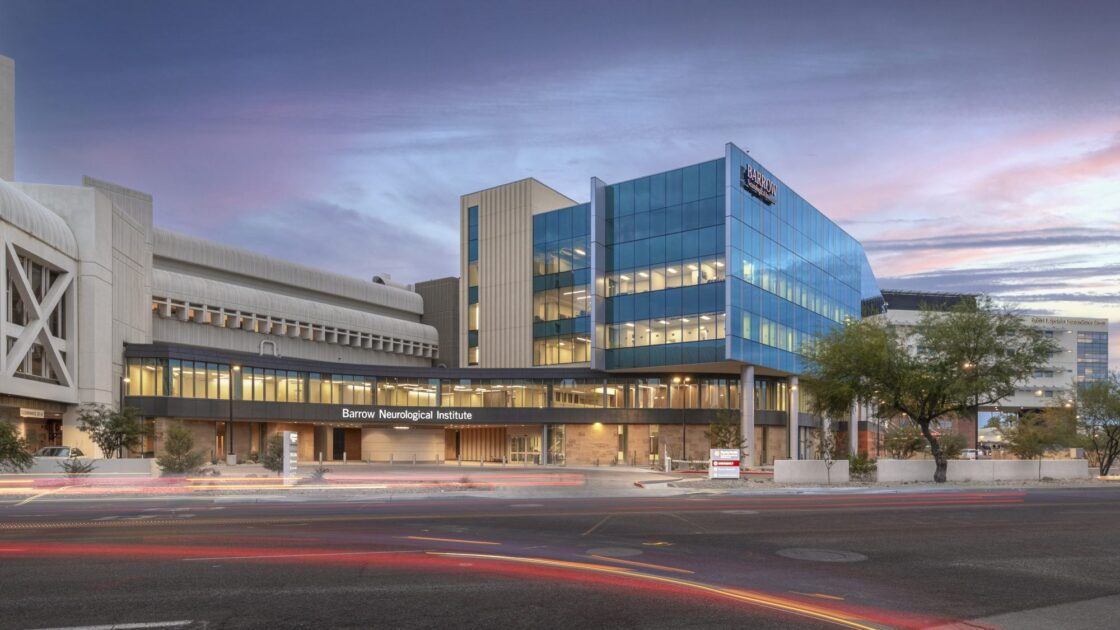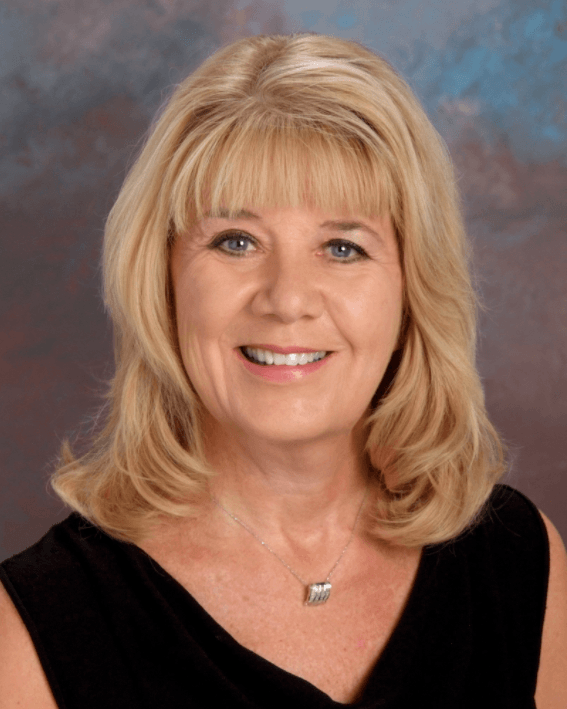
DBS Gives North Pole Man a Christmas Gift: Movement
“I used to always play in church, and we would get together around my house in North Pole with a couple guitars and a violin or something and play,” he said. “I had taken this mandolin to sell along with my others. I didn’t think it was possible to ever play again.”
The Alaska resident was unable to play the string instrument for about 11 years. It was one of many activities that had become challenging since the onset of his Parkinson’s disease.
Snider visited a neurologist after he went to cast his vote for the 2000 presidential election and could not fill in the small circles on his ballot.
A longtime drywall contractor, he thought a pinched nerve was making it difficult for him to play his mandolin, knock on a door, and use a salt shaker.
Snider was surprised when the neurologist diagnosed him with Parkinson’s disease, a progressive neurological disorder that causes tremors, stiffness, and slow movement.
With Parkinson’s, you have everything taken away from you. DBS surgery opened a whole new door. It gave me back a lot of my life.
-Dewaine Snider, DBS Patient
“The news didn’t impact me greatly because I’m somewhat of an eternal optimist,” he said. “My wife was more upset about it. She’s a nurse and so is my daughter, so they knew more about what to expect.”
The cause of Parkinson’s disease is unknown, and a cure has not been found. The most effective treatment available is levodopa, a natural chemical that passes into the brain and is converted into dopamine. People with Parkinson’s disease have low dopamine concentrations.
However, motor fluctuations can be a complication of long-term levodopa use. People may fluctuate between “on” times, or periods when symptoms are controlled by the medication, and “off” times, or periods of decreased mobility.
Snider said he was experiencing “off” times of about three hours and having hallucinations, which can be a side effect of the medication. Daily tasks such as dressing himself, standing up from a seated position, using the stairs in his home, and driving a car had become difficult.
Snider turned to the Internet and began learning more about deep brain stimulation (DBS) surgery. In DBS surgery, a pacemaker-like device called a neurostimulator is implanted under the skin in the chest and connected to an electrode in the brain. The battery-operated device is programmed to deliver electrical signals to specific areas of the brain, regulating abnormal signals and providing symptom relief for people with Parkinson’s disease, essential tremor, and dystonia.
Snider called the DBS Program at Barrow Neurological Institute and spoke to Program Coordinator Meg Lambert for nearly an hour.
“She answered every question, showed me that I was important, and said I could call her anytime I wanted to,” Snider said. “I was scared, but after talking to Meg, there was so much reassurance that I felt like the procedure was routine.”

DBS Program Coordinator
Snider also felt more at ease when he learned that he could be asleep for the entire procedure.
In “asleep” DBS surgery, the neurosurgeon uses a portable computed tomography (CT) scanner in the operating room to produce an image of the tiny structures in the brain and confirm that the electrode is in the correct place. Using intraoperative imaging instead of microelectrode recording to confirm electrode placement allows the patient to be under general anesthesia.
Snider traveled from North Pole to Phoenix in April to have the surgery. Almost a year later, he says DBS has given him a new lease on life.
He is able to get himself ready for the day, move around his split-level home, sleep soundly through the night, drive his car, and enjoy his hobbies such as golfing and playing the mandolin.
“I played in a golf tournament with my two boys, and I played the whole 18 holes,” he said. “The longest ball I hit was 240 yards.”
Snider has also significantly reduced his medication intake since the surgery and no longer has hallucinations. He said he has recommended DBS to other people with the disease.
“With Parkinson’s, you have everything taken away from you,” he said. “DBS surgery opened a whole new door. It gave me back a lot of my life.”
